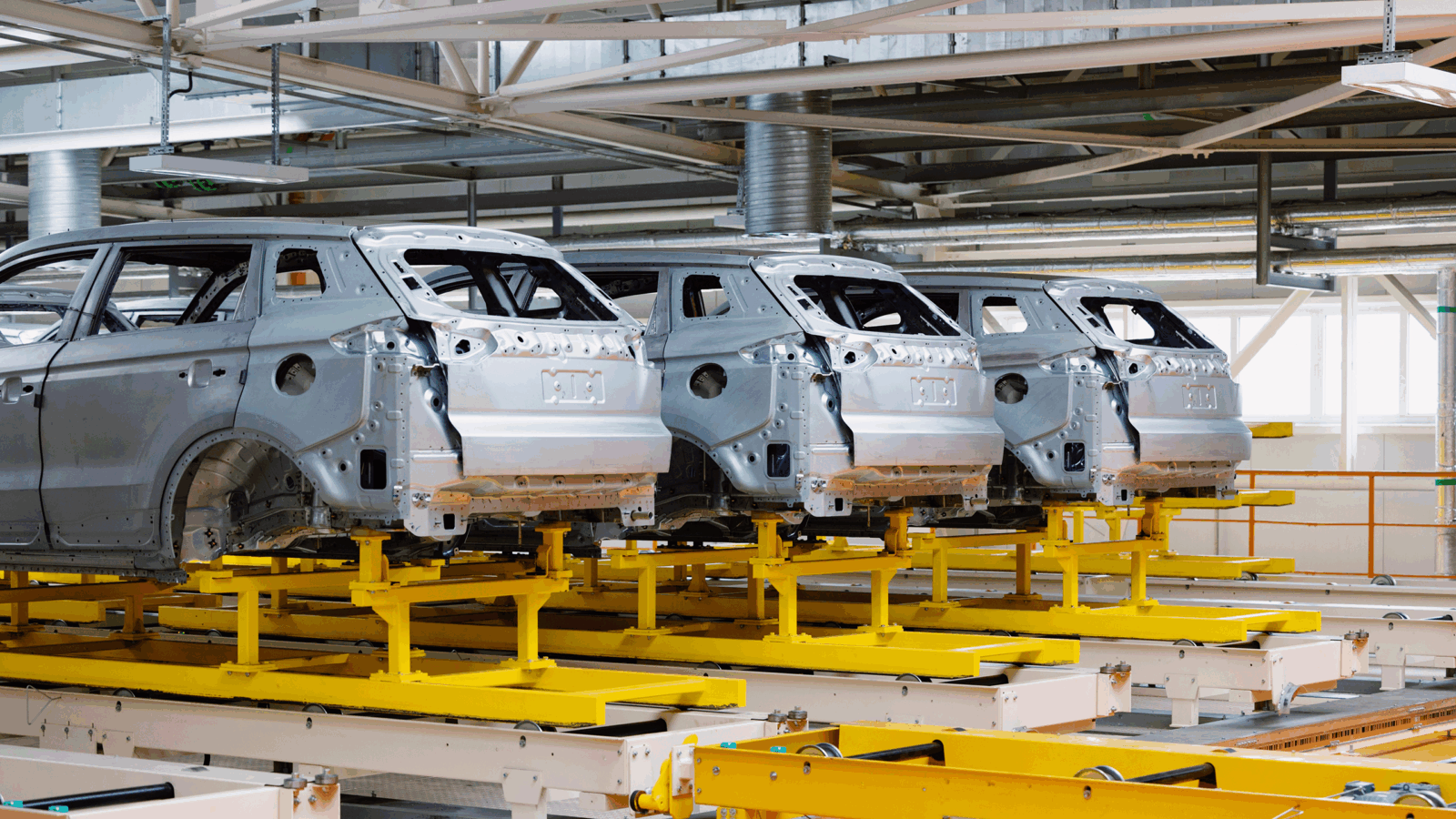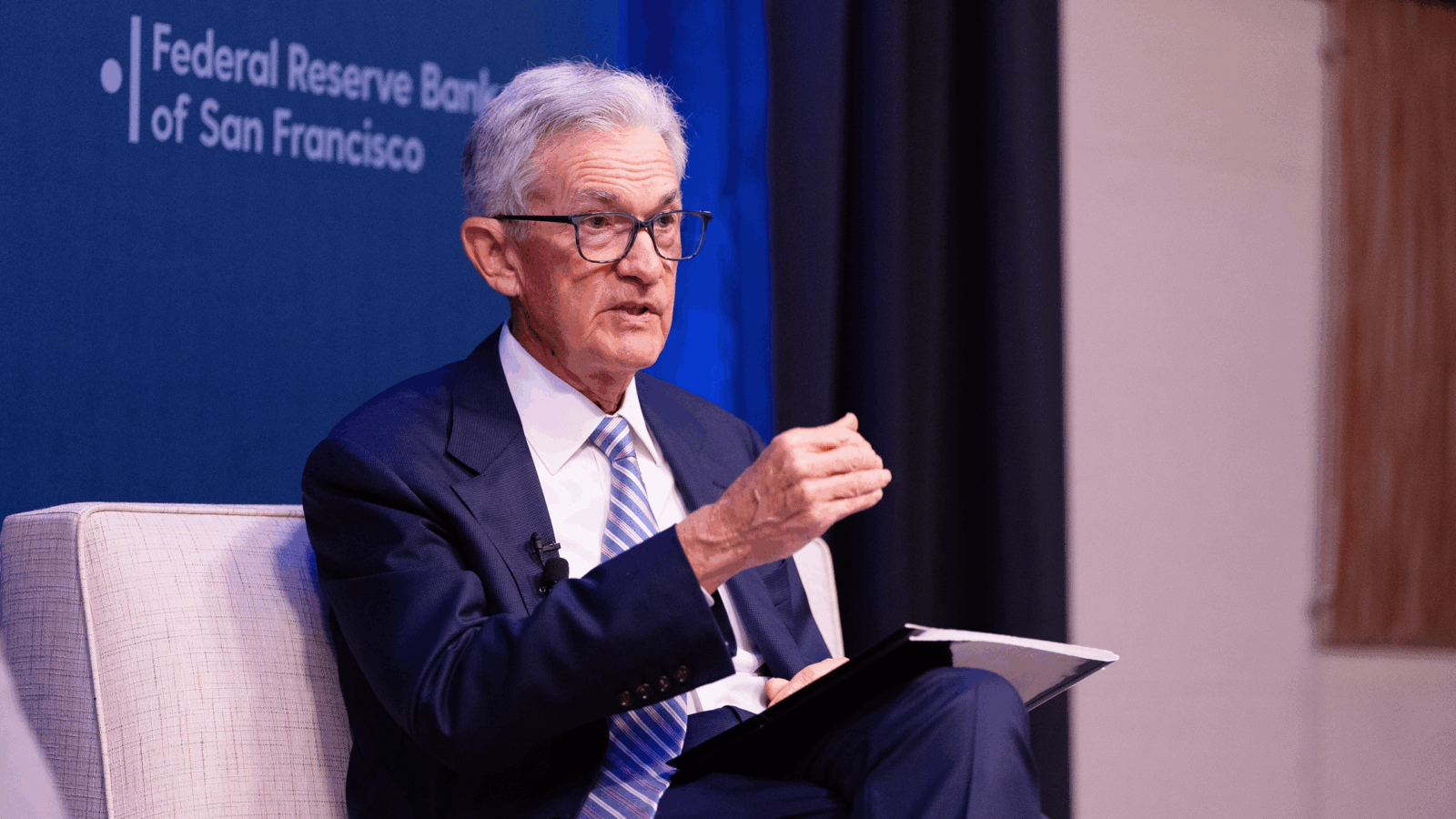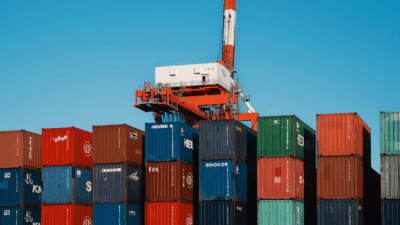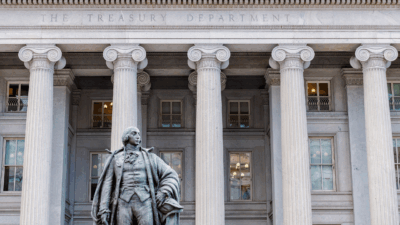Sign up for smart news, insights, and analysis on the biggest financial stories of the day.
What’s the opposite of the slick “Irish Goodbye”? Cause we’re starting to think glacially-slow departures should now simply be known as “Brexits”.
The latest chapter of the never-ending story sees a key policy dispute keeping England on-the-line: Fisheries.
One Fish, Two Fish, Brit Fish, EU Fish
The hard deadline to ratify an economic, trade and security Brexit deal looms just two weeks away. The two sides find themselves at loggerheads over access to British waters and quotas for U.K. fisherman. Failure to reach a deal by January 1 would allow the EU to impose steep tariffs on Britain’s fish exports. Meanwhile, the U.K. is demanding the right to block EU fishing in its waters.
While fishing may feel like a minor component of the Brexit disentanglement, fishing independence has long been a political sticking point for Brexiteers. It’s economic impact is not to be overlooked:
- The U.K. fishing industry was worth roughly $1.01 billion in 2018, comprised of 12,000 workers and 6,000 vessels.
- The EU’s fishing industry’s 2019 gross value equaled roughly $5.23 billion. Fishing accounts for 0.003% GDP for both EU an U.K. economies.
- Non-British fishing boats account for over half the fish caught in British waters.
- Almost 75% of England’s fishing haul is exported to European neighbors.
If no deal is struck, both parties’ fishing sectors are likely to suffer.
Bait and Switch
Fishing policy isn’t the only, ermm, fish left to fry. While issues of governance are mostly resolved, key economic decisions have yet to be ironed out. Should the “no-deal” scenario be breached, it remains unclear whether the EU would grant further market access for U.K. banks and financial firms. Without a free trade agreement, U.K. and EU trade could revert to WTO terms.
One company specifically looking to avoid the no-deal fallout: German car manufacturer BMW. No-deal tariffs could cost BMW “hundreds of millions” of euros, and force the closure of an Oxford-based factory responsible for over 220,000 Mini’s a year.
The Takeaway: After more than four years since the initial Brexit vote, you’d think neither side could possibly need more time to mullet over.











